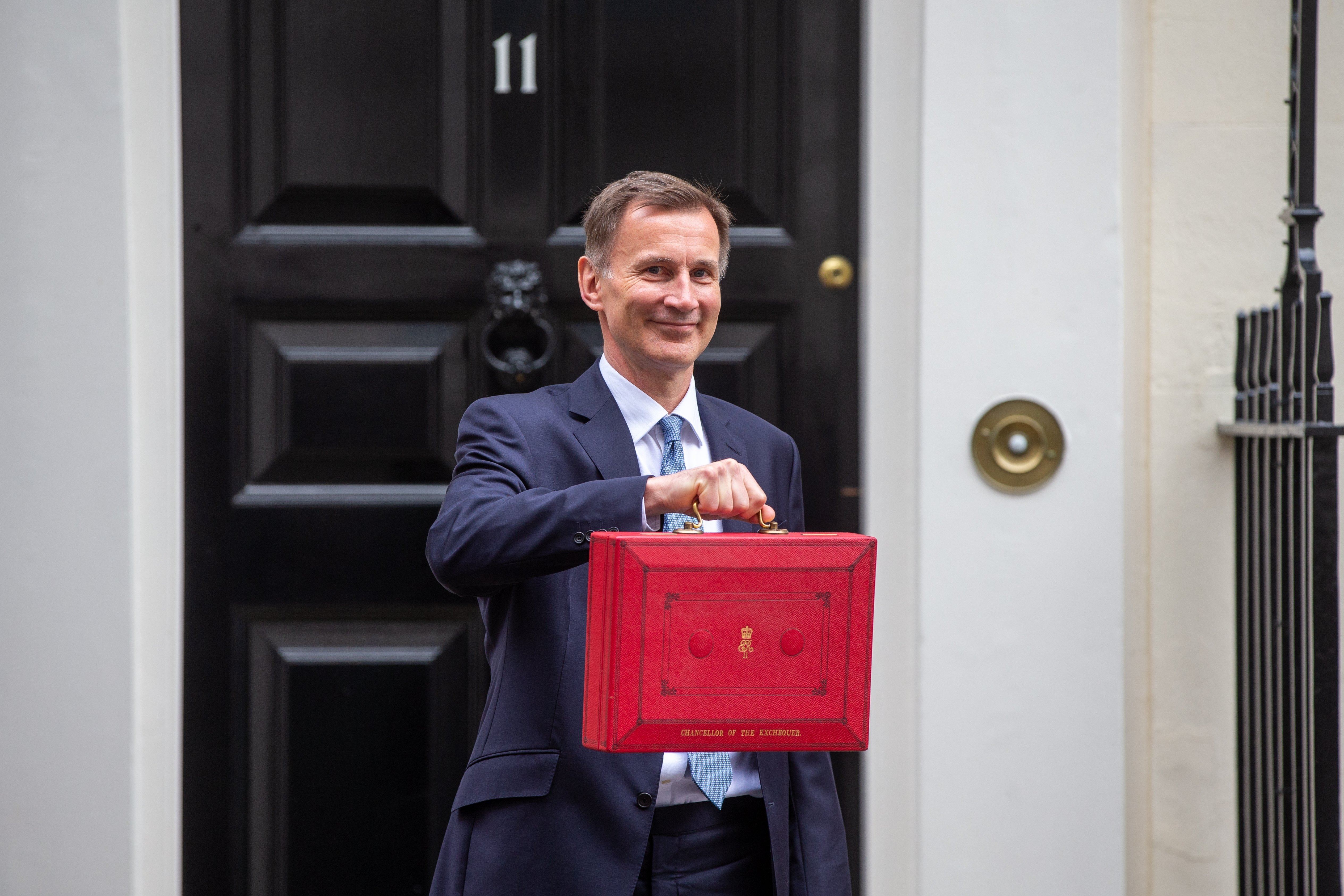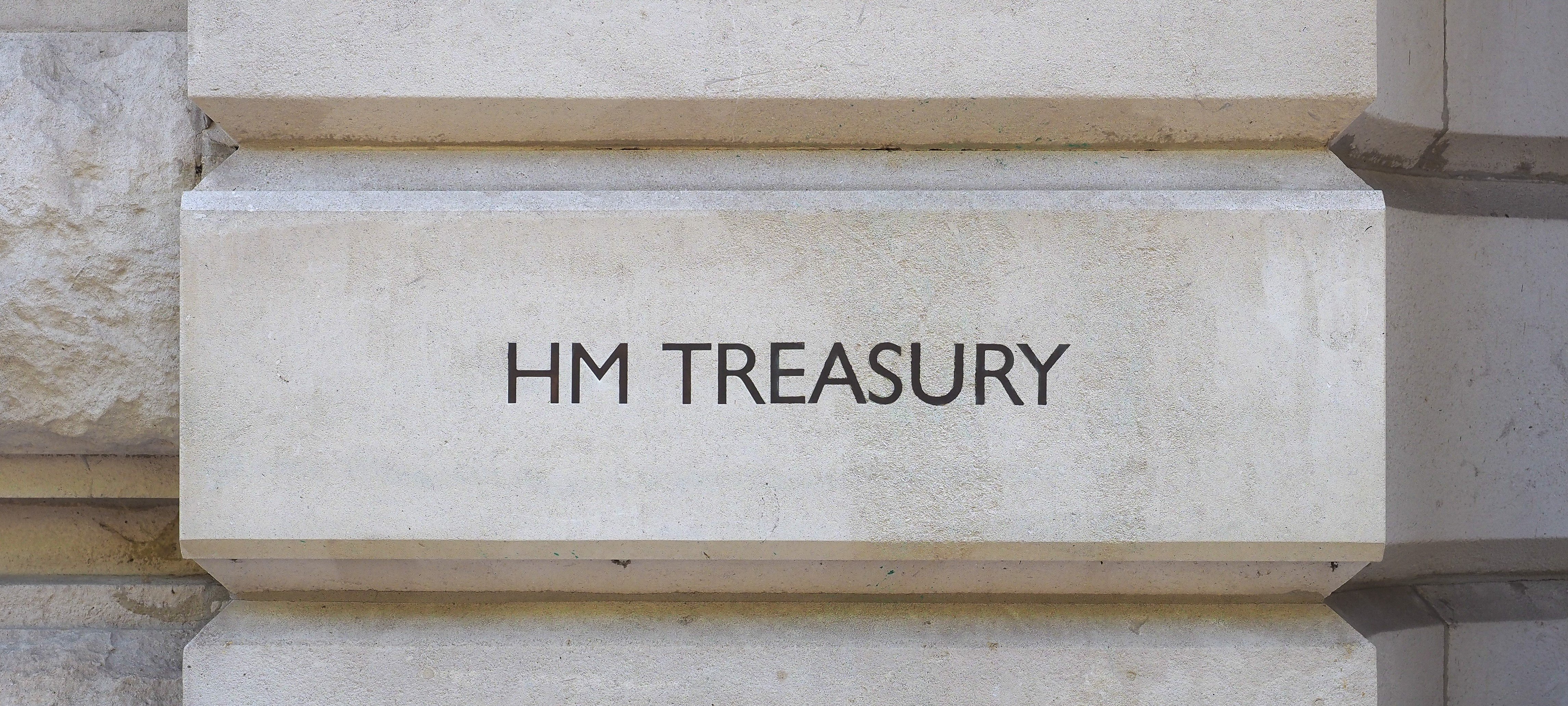The Spring Budget 2023: how might it affect investors?
The Spring Budget 2023 was announced by the Chancellor of the Exchequer, Jeremy Hunt, on Wednesday March 15th. Addressing the severe economic environment currently affecting the UK, Hunt outlined that the aim of this Budget was to reduce and stabilise inflation while simultaneously driving economic growth.
Furthermore, a number of changes were put forward that not only addressed the wider economic environment, but directly impacted businesses and investors on a more targeted level. This reflects the Chancellor and Prime Minister’s shared aim to make the UK a global hub for innovation and tech investment.
Macroeconomic outlook
Inflation expected to fall significantly
The Chancellor announced that the Office for Budget Responsibility (OBR) forecasts UK Consumer Price Index (CPI) inflation to fall from 11.1% in October 2022 (the highest rate in 40 years) to 2.9% by the end of 2023. This figure is within the UK’s official inflation target (between 1% and 3%), and could help the UK to avoid a technical recession.
For investors, this means that portfolio value may become less quickly eroded by rising prices, and capital may not have to work as hard to maintain and grow value when being adjusted for inflation.
Focus on boosting GDP growth
The Office for Budget Responsibility has revised the UK’s GDP growth outlook upwards for 2023 to a contraction of just 0.2%, largely due to the improved inflation outlook, as well as a number of measures in place to boost innovation, investment and growth.
The Chancellor discussed four primary ‘industrial pillars’ in the Budget, each set to encourage GDP growth, including:
- Enterprise – fuelling innovation with competitive taxes and encouraging R&D
- Employment – addressing the UK’s productivity problem
- Education – upskilling the workforce
- Everywhere – reinforcing the ‘levelling up’ agenda
Falling UK public sector debt
Public debt in the UK stands at almost £2.5 trillion, equivalent to 98.9% of GDP. Whilst public finances have proven more resilient than expected in November, higher inflation has increased the cost of servicing debt, with debt interest spending totalling £96 billion between April 2022 and January 2023.
Last November, the Autumn Statement 2022 set out a clear plan to reduce debt as a share of the economy in the medium term. The latest forecast from the OBR confirms the Government is on track to achieve this aim. The debt to GDP fiscal rule is expected to be met in the 2027/28 tax year, with headroom of £6.5 billion, and Government borrowing is set to fall in every year of the five-year forecast.
Business and investment outlook
Additional measures to help SMEs
The Government is focused on fostering a pro-business, pro-enterprise tax regime. Currently, the UK has the most competitive headline rate of Corporation Tax of all the G7 economies. This is even with the upcoming rise of six percentage points, from 19% to 25%.
Furthermore, the Chancellor announced a number of measures to encourage investment within Small and Medium Enterprises (SMEs):
- The Annual Investment Allowance has been increased to £1m for smaller businesses, meaning that 99% of all businesses can deduct the full value of all their investment from that year’s taxable profits.
- A regime called "full expensing" is also being introduced from April 1st 2023 for the next three years. This scheme enables every pound a company invests in IT equipment, plant or machinery to be deducted in full from taxable profits.
- To help encourage innovation across industries, further support for R&D-intensive SMEs via an enhanced rate of tax relief for companies not yet making a profit has also been announced. This enables companies to claim c.£27 for every £100 spent on R&D.
Sector focus: tech and clean energy
- The Budget also brought artificial intelligence (AI) into focus. With 1/3 of European AI companies residing in the UK, the Government intends to launch an AI sandbox and work with the Intellectual Property Office (IPO) to help defend the IP of AI companies (with a particular focus on generative AI systems).
- Additionally, there has been a consistent theme of environmental sustainability. To this effect, the Government intends to reclassify nuclear power as an environmentally-sustainable industry and as such, avail of the same benefits as the solar and wind power industries. These updates could provide encouragement for tech investors and impact investors alike.
- Overall, these changes are designed to increase the support businesses receive in their early stages, and could therefore help to reduce the risk of failure attached with investing in startups for VC investors.
New regional investment zones
Twelve new investment zones across the UK were announced, with each set to receive £80 million over the next five years and a number of tax incentives to promote investment and spur the Government’s ‘levelling-up’ agenda.
The following eight locations were selected to host the twelve investment zones:
- East Midlands
- North East
- Greater Manchester
- Liverpool City Region
- South Yorkshire
- Tees Valley
- West Midlands
- West Yorkshire
Additionally, zones in Northern Ireland, Scotland and Wales are set to be established.
The Government aims to agree plans with local partners in each location by the end of 2023, and the investment zones will be focused around research institutions, such as universities, and the aim to drive growth in technology, the creative industries, life sciences, advanced manufacturing and the green sector.
The tax incentives and funding are designed to improve skills, provide specialist business support, improve the planning system and enhance local infrastructure. Furthermore, this support could further encourage inward investment into these areas, potentially boosting the venture capital environment in regions outside of London.
Tax change commitments reaffirmed
The tax changes put forward in last year’s Autumn Statement are still going ahead as planned in the new tax year, and the following changes will be key considerations for investors when planning investments in 2023/24:
- The 45% additional rate income tax band is being lowered from £150,000 to £125,140, which is estimated to pull approximately 250,000 more earners into the top tax band.
- The capital gains tax (CGT) allowance is being reduced from £12,300 to £6,000, and then further reduced to £3,000 as of the 2024/25 tax year. By this point, the CGT allowance will be at its lowest since 1981.
- The inheritance tax (IHT) nil-rate band is frozen at £325,000 until 2028.
- Dividends tax is set to halve to £1,000 as of April 2023, and halve again to £500 in April 2024. This represents a 90% reduction in the allowance over just a six-year time span.
- The headline rate of corporation tax is increasing from 19% to 25%. However, following this, the UK would still offer the most competitive corporation tax rate of all the G7 economies.
The combination of tax changes and freezes announced for upcoming tax years reinforces the importance of accessing the most effective tax-efficient investment options for UK investors.
Fully utilising tax-efficient investment schemes
Whilst there was no direct reference to tax-efficient investment schemes on Wednesday, the Treasury Committee announced a week prior to the Spring Budget that the Chancellor intends to extend the Enterprise Investment Scheme (EIS) and will provide further details in due course.
Furthermore, the previously announced changes to the Seed Enterprise Investment Scheme (SEIS) are also set to come into effect as of the 2023/24 tax year.
Another point worth noting is that the Chancellor intends to provide the ability for pension funds to gain further exposure to the venture capital industry in the UK. As a result, this could enable more investors to access VC with the added tax efficient benefits offered by their pensions.
Reflecting on the Budget
Overall, this budget appears to take some important steps to stabilise inflation and to provide further reassurance for investors that the UK remains a favoured location to set up and scale businesses.
Whilst the UK economy is still in its recovery phase following the volatility the past few years has brought, the various enterprise-driven, tech-centric and regionally-focused policies this Budget introduced could provide investors with further assurance that the UK will remain a key investment hub, both in Europe and globally.
%20(3)%20(2).jpg)









